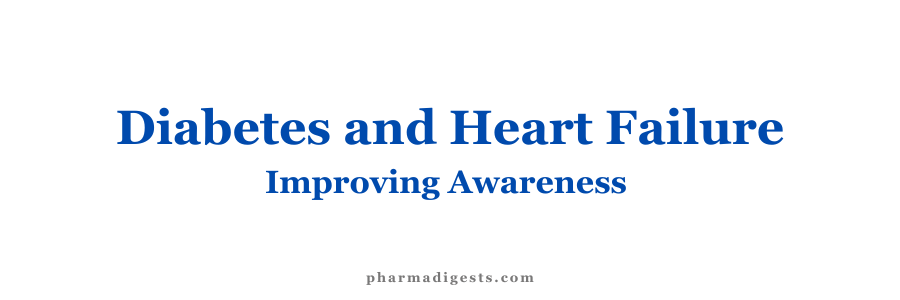Diabetes

Insulin Therapy in Type 2 Diabetes
ADA Standards of Care 2024 1. Many adults with type 2 diabetes eventually require and benefit from insulin therapy. The progressive nature of type 2 diabetes should be regularly and objectively explained to individuals with diabetes, and clinicians should avoid using insulin as a threat or describing it as a ... Read More

Diabetes and Heart Failure | Improving Awareness
Adults with diabetes are at increased risk for the development of asymptomatic cardiac structural or functional abnormalities (stage B heart failure) or symptomatic (stage C) heart failure. Consider screening adults with diabetes by measuring a natriuretic peptide (B-type natriuretic peptide [BNP] or N-terminal pro-BNP [NT-proBNP]) to facilitate prevention of stage ... Read More

Prediabetes | A Silent Disease
Prediabetes are mostly silent diseases (without any signs or symptoms). It’s common and reversible. You can prevent or delay prediabetes from turning into type 2 diabetes with simple, proven lifestyle changes. What Is Prediabetes? Prediabetes is a serious health condition where blood sugar levels are higher than normal, but not ... Read More

Diabetes Management Guidelines
Diabetes mellitus is a chronic metabolic disorder characterized by high blood sugar (hyperglycemia) in human body. This results from lack of insulin in the body or failure of body cells to respond to circulating insulin. Persistent hyperglycemia results in progressive multiple organ damage giving rise to both acute and chronic ... Read More

Prediabetes Management Guidelines
Prediabetes is a health condition where the blood sugar levels are higher than normal, but not high enough yet to be diagnosed as type 2 diabetes. It is an intermediate stage between normal glucose regulation and diabetes, affects 1 in 3 adults in the US and approximately 720 million individuals ... Read More
